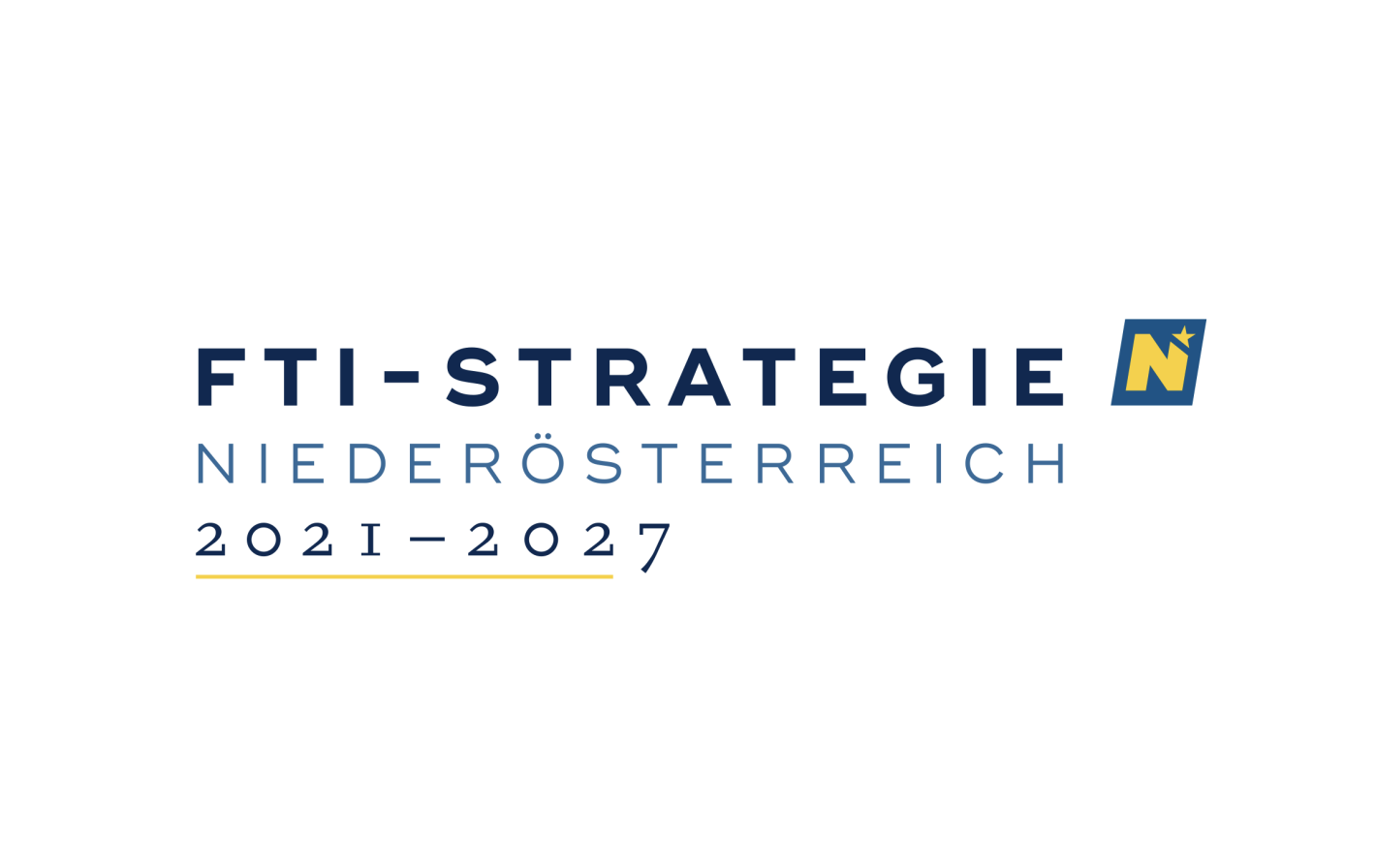Smart Cities and Digital Twins in Lower Austria (SCiNDTiLA)

Lead partner:
Universität für Weiterbildung Krems (Donau-Universität Krems)
Scientific management:
Gabriela Viale Pereira
Additional participating institutions:
Fachhochschule St. Pölten
Field(s) of action:
Society and culture
Scientific discipline(s):
5090 - Andere Sozialwissenschaften (70 %)
1020 - Informatik (30 %)
Funding tool: Basic research projects
Project-ID: GLF21-2-010
Project start: 01. Oktober 2023
Project end: 31. März 2026
Runtime: 30 months / ongoing
Funding amount: € 247.549,00
Brief summary:
This project takes stock of the existing research on smart cities and digital twins and adapts them to the specific context of Lower Austria – in particular, smart city concepts have thus far primarily been used in the context of very large urban environments, but not in smaller towns or urban–rural regional sprawls. SCiNDTiLA thus contributes to extending the state of the art of research in several contributing disciplines and uses the foundations of complexity theory and computational social science methods to model Austrian towns and regions as smart cities/regions and thus as systems of socio-technical interaction to guide policy decision-making towards sustainable development. The objectives of the project are: (1) define the state of the art in the field of smart city with focus on the sustainable aspects, including governance and social/economical/environmental dimensions, and identify the characteristics that can be transferred to smaller-scale urban and non-urban contexts based on a systematic review and best practices assessment; (2) develop a conceptual framework of sustainable local governance via digital twins to validate the smart city generic model through an innovative transdisciplinary process, including the requirements elicitation for use cases in small cities in Lower Austria; (3) develop a digital-twin-based sustainable smart city and define different scenarios concerning challenges of good governance in smaller-scale urban and non-urban contexts; (4) implement the proof of concept use cases in Lower Austria and propose a roadmap highlighting methodologies, guidelines, and policy recommendations on how smart and sustainable solutions in cities and regions shape inhabitants’ perceptions of local governance. The four objectives of the project altogether provide a comprehensive response to the main research question raised: How can the existing knowledge on smart cities be transferred to smaller-scale urban and non-urban contexts and how can technologies such as digital twins be used to support policy-makers in developing smart sustainable solutions for cities and regions in Lower Austria? The outcomes will take particular care establishing the link between sustainable smart cities/regions and their impacts on public perceptions. As the two agendas have thus far been developed in relative isolation, we believe that such an approach can make a unique contribution and improve the effectiveness of the smart city solutions implemented in Lower Austria and beyond. Our approach combines a systemic one, identifying interdependencies, critical components, and stakeholders, and an operational upscaling to provide a roadmap for smart cities with application to both smaller-scale urban and non-urban environments
Keywords:
Smart City, Local Governance, Civic Engagement, Political Decision Making, Digital Twin, Policy Making, Artificial Intelligence, Sustainable Development

